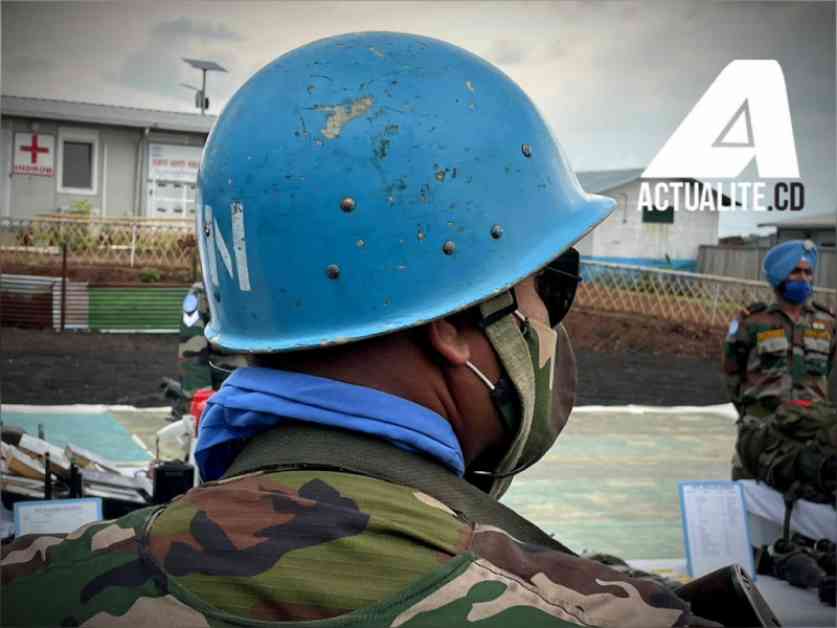International Mobilization Urged for Progressive Monusco Disengagement
In a recent address to the accredited diplomats in the Democratic Republic of Congo (DRC), President Félix Tshisekedi emphasized the importance of international support for the progressive disengagement plan of the United Nations mission in the country, MONUSCO. The success of this process in provinces like North Kivu and Ituri hinges on global mobilization to aid in stabilizing the region and addressing the root causes of conflict in the troubled eastern part of the DRC.
Ensuring National Security Amid Monusco Transition
President Tshisekedi highlighted the need for a significant increase in the capabilities of the Congolese Armed Forces (FARDC) and security forces to fill the void left by MONUSCO’s withdrawal. He stressed that while the national forces have shown dedication to protecting the territory and its people, ongoing international support is crucial for successful stabilization efforts and addressing underlying conflict drivers.
Local Initiatives for Sustainable Peace
Specifically addressing the situation in South Kivu, where MONUSCO has already disengaged, President Tshisekedi assured the public that measures are being taken to prevent any security vacuum. The phased implementation of the disengagement plan is a vital step towards empowering the Congolese state to assume full responsibility for security and governance, in line with UN resolution 2666.
Furthermore, as part of the DRC’s commitment to enhancing state authority and ensuring population safety, President Tshisekedi highlighted the strengthening of the National Disarmament, Demobilization, Community Reintegration, and Stabilization Plan (P-DDRCS). This program aims to provide a sustainable alternative for former combatants, breaking the cycle of violence by creating economic and social opportunities for vulnerable populations affected by armed conflict.
UN Security Council’s Decision and Future Plans
The United Nations Security Council recently extended MONUSCO’s mandate until December 20, 2025, under Chapter VII of the UN Charter. The resolution maintains a maximum authorized strength of 11,500 troops, 600 military observers and staff officers, 443 police officers, and 1,270 formed police unit members. The council’s strategic priorities for MONUSCO include protecting civilians, supporting state institutions, governance reforms, and enhancing security in the DRC.
In conclusion, President Tshisekedi’s call for international mobilization underscores the transitional phase towards national security and stability in the DRC. As the country navigates the Monusco disengagement process, sustained global support remains imperative for sustainable peace and development in the region.





